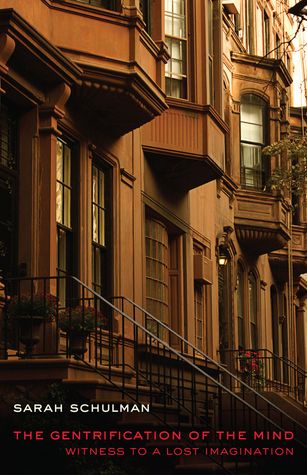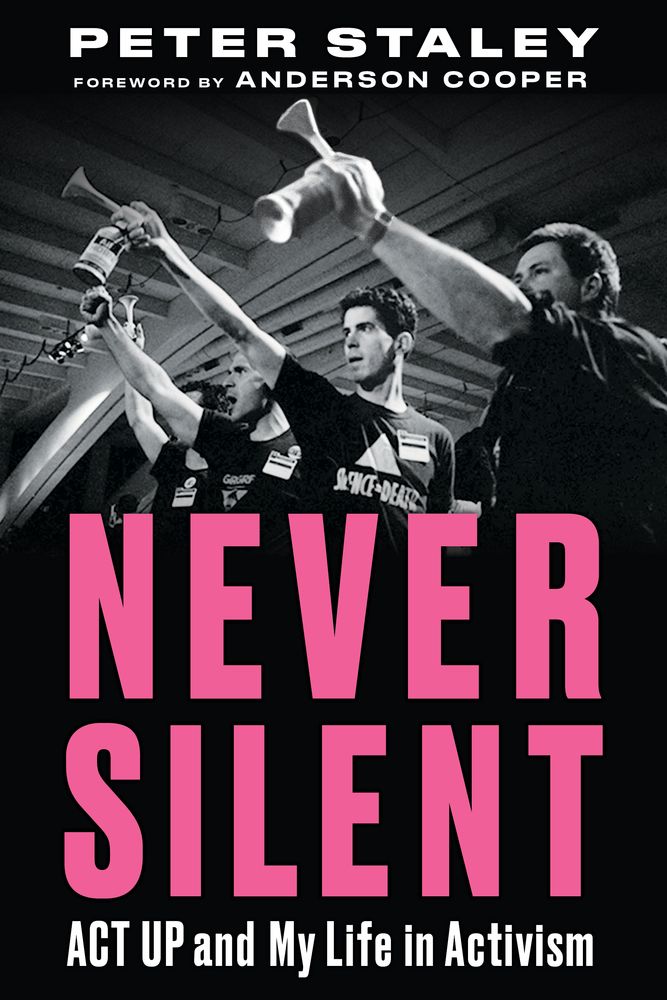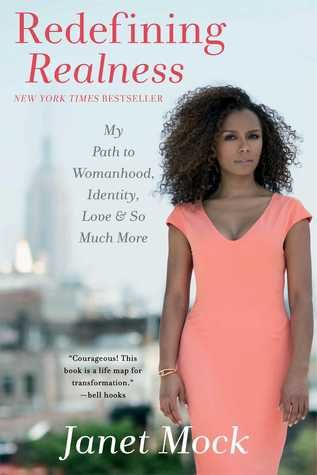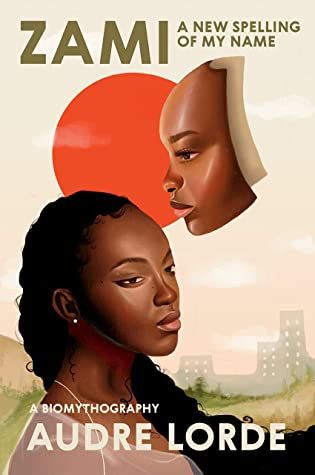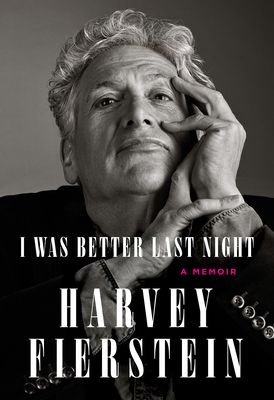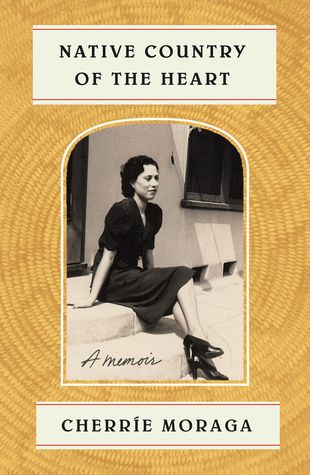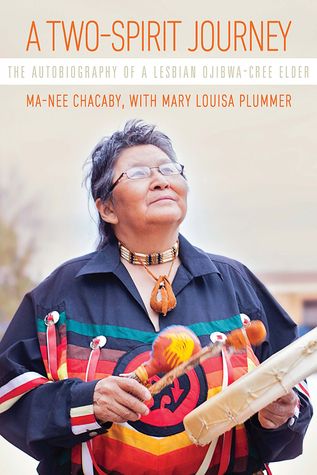Part of the reason we need to look to memoirs for LGBTQ history is that history tends to function by majority rule. People from marginalized community have to fight for recognition because those in power would prefer to ignore the atrocities of the past. Personal accounts are a necessary method of education because queer communities are so often excluded from history books. Finding books by queer elders also presents challenges because the queer community was ravaged by AIDS in the 1980s. In order to display the loss, the San Francisco men’s chorus staged a photo in 1993 that displayed the immense loss they’d suffered because of the epidemic. When discussing elders in the context of LGBTQ life, I use it to refer to people over the age of 50. This might seem way too young for an “elder,” but that’s an important facet of queer history. Even before the AIDS crisis and turning point of Stonewall, queer people who dared to live outside the stringent boundaries of heterosexual society were severely punished. Queer people also might have only survived by staying in the closet. The loss the queer community suffered because of the factors like the AIDS crisis and societal exclusion has lowered life expectancy overall, and so what it means to be an elder is a lower threshold. That is why it is so important to read the work of the elders who survived to tell their stories. When looking for memoirs by LGBTQ elders, you’ll find just as many stories of joy and resistance as loss and grief. It’s important to take everything in stride and remember our history while the world only spins forward. For further reading, you can dive into queer poetry, books by transgender and genderqueer authors, and queer memoirs to read when you feel alone. We’re lucky to live in a time when there are so many queer stories, and we have to fight for their future like our elders did for us.

